
Joseph Rooks
Joseph Rooks is an accounts payable senior manager on HORNE’s Franchise team where he prioritizes and oversees projects, ensuring efficient team load distribution and project execution.

Joseph Rooks is an accounts payable senior manager on HORNE’s Franchise team where he prioritizes and oversees projects, ensuring efficient team load distribution and project execution.

Tennessee Governor, Bill Lee, recently announced a change to the Tennessee Franchise tax.
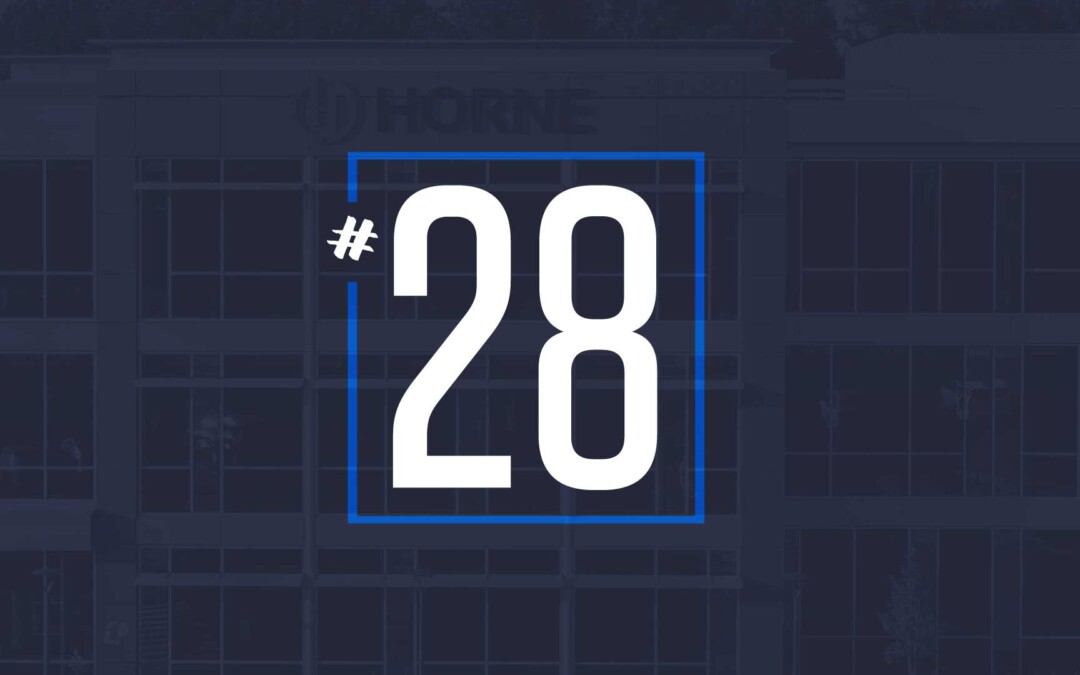
HORNE has been named one of the top 30 accounting firms in the U.S. by industry publication Accounting Today.

Peter Graves is a senior manager at HORNE where he serves as a solutions architect for the firm’s franchise team.

We work with enough leaders like you to know that hard conversations are scary in their own way. You probably wouldn’t use the word “scary,” but there are real fears that get in the way.

How do you feel when you know you’ve got to have a hard conversation with someone?

Have you ever felt unappreciated? What was the situation? How did that impact you? Whether you’re aware of it or not, appreciation is a deep human need.

We hear it all the time: it’s hard to hire and keep people. There is obviously truth to this.

What does it mean, practically, to “get people on board” with change? It often boils down to communication. Specifically, effective change communication is: early and often, clear and compelling and other-centered.

Getting skeptics on board with change is very, very hard. Not impossible, but hard. If someone’s skeptical, it’s probably for one of two reasons.

Change is easier when people are actually excited about it. So, to change well, find out what people actually want—what would make them most excited if they saw it—and then incorporate as much of that as you can.

Change is everywhere. It can hurt us or make us stronger. It can divide us or bring us together. We believe one key thing can make the difference: how leaders prepare for, communicate during, and persist through change.

Payroll is undoubtedly complex and an administrative burden. The risk of ‘getting it wrong’ comes with a high price. Employers can face fines and penalties from the IRS, state governing bodies and the Department of Labor (DOL), to name a few. Furthermore, payroll mistakes can lead to costly missed opportunities. With that in mind, we would like to highlight a few of the most common [and costly] payroll mistakes you could be making with your in-house payroll.

Five non-profits across the states of Mississippi, Hawaii, Louisiana and Florida will receive support for their community efforts thanks to HORNE’s Seasons of Giving initiative, powered by the HORNE Community Foundation.
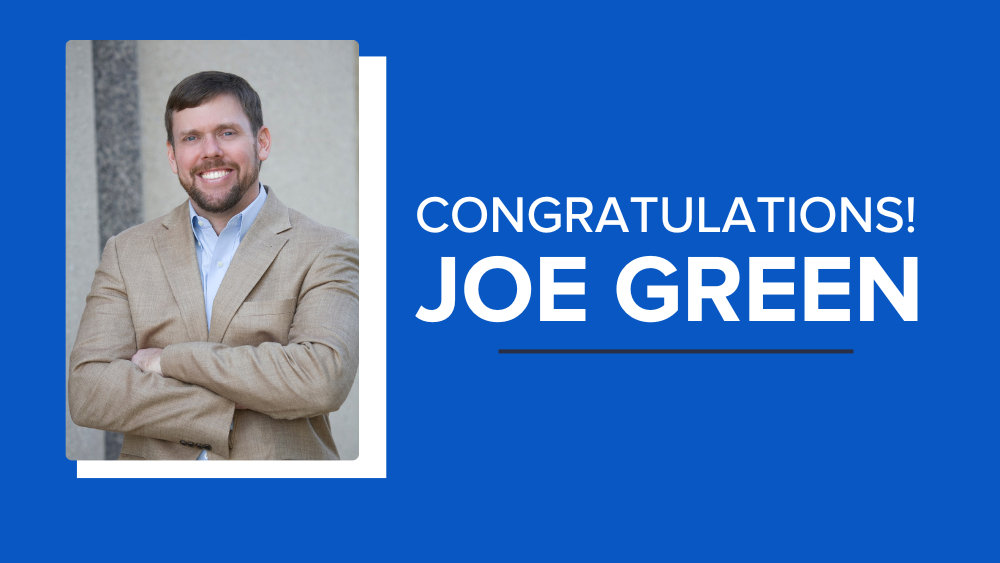
HORNE’s Board of Directors recently appointed Public and Middle Market Partner, Joe Green, to serve as the next firmwide director of assurance. As he takes on this new role, he will also continue serving as the firm’s SEC director.

Lisa Hardjono is a senior manager for the HORNE’s Franchise group where she serves as a solutions architect.
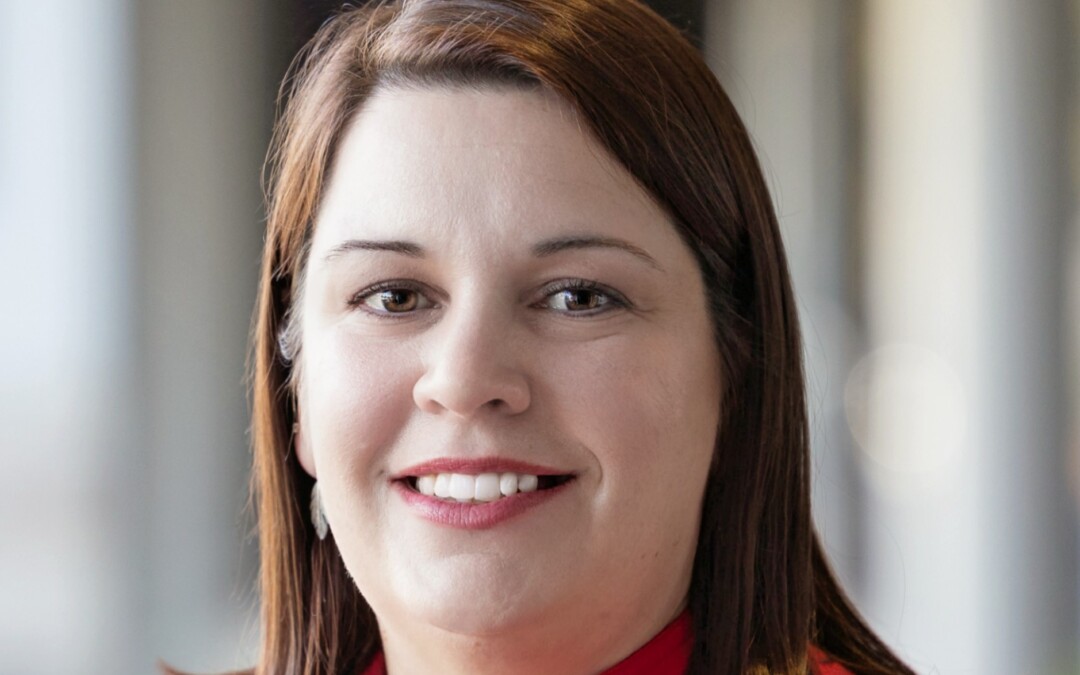
Beth Lowery is a learning and development senior manager within the franchise group at HORNE where she provides oversight of the learning and development strategy.

Scott Johnson is a business advisory and accounting senior manager in the franchise practice at HORNE.

Cybersecurity and cyber insurance are a priority in today’s world, but in the past few years, these issues have become even more important for companies with employees working remotely. Working from home has multiplied the risks and occurrences of data breaches, and breach costs also have grown.

Many leaders approach hard conversations the wrong way. The two most common mistakes we see are (1) allowing your emotions to set the tone and (2) making judgments about a person.

Recently we helped a family-owned general contractor re-engage two key employees. One was a supervisor whose future was in question as a large job was winding down. The other was a back office team member who’d become demotivated. Both were valuable to the business. The owners wanted to know: How can we help them stay?

If you’re looking to file an Employee Retention Credit claim with the IRS, please note that there is a hold on processing of all new ERC filings until at least January 1, 2024 – according to the IRS.
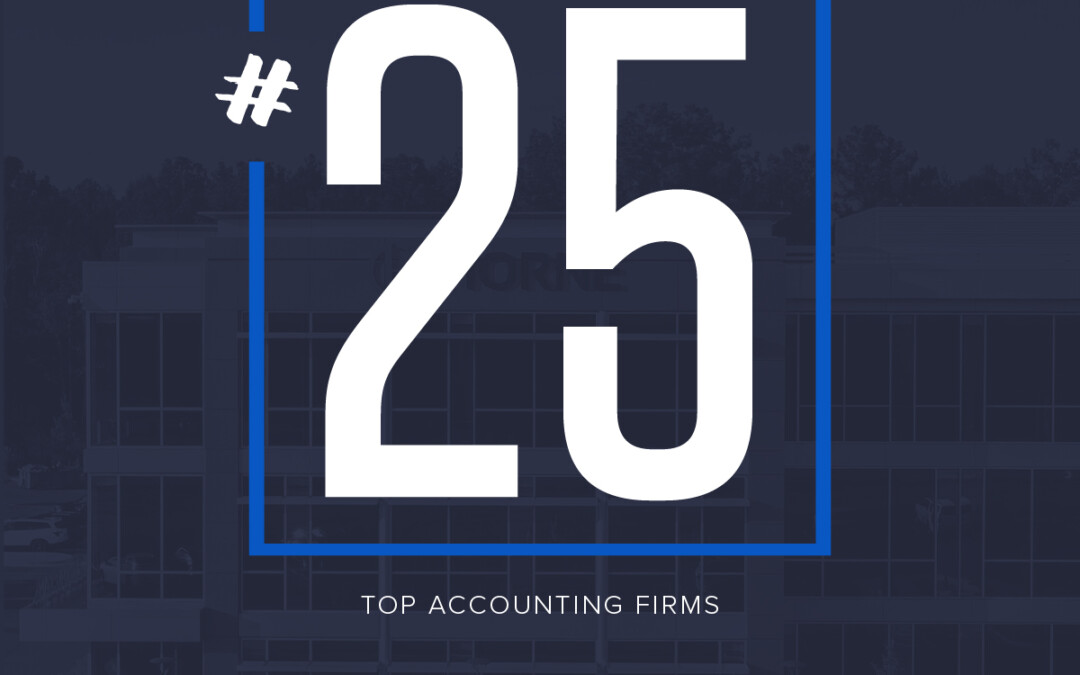
INSIDE Public Accounting has ranked HORNE number 25 on the Top 500 Firms list for 2023.

One of the simplest and most cost-effective ways to improve hiring is to ask better interview questions. But what is a “better” or “worse” question? Today we’ll explain the anatomy of a better interview question and give one example that applies to any position.

Let’s focus on goal setting. Take a moment to think about your goals. How confident are you that you can achieve them? How clear are they?
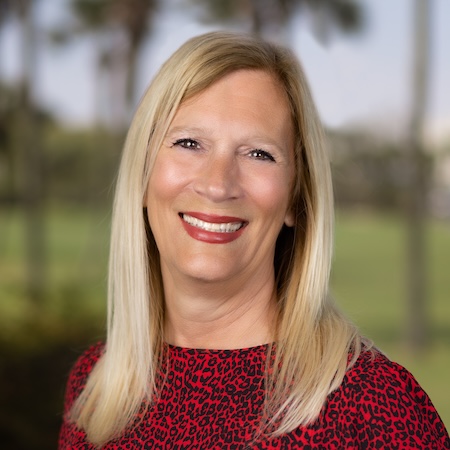
Kim Ashworth is a tax director in HORNE’s franchise division where she helps clients understand tax planning, compliance and their financial statements.

Charles Arinder is a business advisory and accounting services senior manager in the franchise practice at HORNE.

HORNE’s cyber team recently earned The Cyber AB Certified Third-Party Assessor Organization (C3PAO) designation which allows HORNE to perform specific cyber security assessments for Organizations Seeking Compliance (OSC) through contractual agreements.

Elizabeth Boyle is a client experience leader at HORNE where she works with franchise owners to provide strategic planning, data analysis and insights on financial results and operational practices.

The workplace is no stranger to diversity, including race, religion and culture. But in the last few years, there has been a significant increase in the diversity and differences in generations.

Those in management positions or roles of influence should learn the best ways to connect and manage each generation in a way that encourages a strong sense of community.

Chandler Croom, who works in HORNE’s Franchise services group, was admitted as a partner, effective January 1.

Feeling out of control is not a feeling we like to experience. Reminders, sticky notes and to-do lists are a testament of us striving for control.

A vendor master database is common to most companies but is often overlooked and can become rampant with fraud. In part one of this series, we reviewed steps for decreasing the size of the vendor population. With a slimmer vendor master, we are ready to take your review to the next level.

In most companies, developers are focused on meeting project deadlines, and that often leads to applications that are insecurely coded. Custom development can multiply vulnerabilities. Some 48 percent of developers think they leave vulnerabilities in their code, according to the State of Developer-Driven Security Survey 2022 from Secure Code Warrior.

There are many opportunities for the franchise industry right now to win the sales game with the right strategies, service levels and quality control.

When it comes to sustaining or growing a business today, the status quo isn’t good enough anymore. We are in exponential times where the change around us is no longer incremental and we must anticipate the opportunities and challenges facing us in the future.

Exponential times have raised the bar for us to sustain business growth today. We are experiencing fast-moving change in so many facets of our businesses. Incremental thinking will only put us further behind so an effective strategic plan must be a priority.

A critical challenge facing businesses today is leadership development. Opportunities for exponential growth and succession of various leadership roles require companies to plan and be intentional to develop the leaders to secure a bright and growing future.

Large and small businesses have gone through massive changes in the past few years. Many saw their profits fall; they lost employees and suffered from supply chain issues.

The global pandemic reshaped the way we work. Not only did it expedite the shift to remote teams, it also highlighted the importance of work-life balance and allowed many workers to re-think their personal and career goals.

Cybersecurity risks challenge your business development. You need to address the bad risks so you can take the good risks that let you grow and maneuver to stay ahead of your competition. You also need expert insights into cyber risk and how you must defend your organization and protect your growth.

Technology’s power to disrupt is undeniable. One of the clearest examples rests in our pockets and purses. Decades ago, one would need a camcorder, gaming system, computer, stereo and encyclopedia – as well as a telephone – to replace just one of our mobile devices.

Since the early 1700s, when the first insurance companies were formed, organizations have sought to leverage data. What’s unique about now is the sheer amount of data available, thanks to how fast it’s generated.

If you don’t know your organization’s strategy, there’s a good chance company progress can be derailed. Change that equation with a dynamic and effective strategic plan.

Good preparation is crucial to good strategic planning – but you can’t finish without a robust strategic implementation program

While 2020 and 2021 brought about unprecedented high sales for many quick-serve/fast casual concepts, 2022 has brought unprecedented lows. With bills to pay, loan covenants to meet and employees to retain, the pressure is mounting and where do you start? Acknowledging times are tough is the first step.

The U.S. House of Representatives and the U.S. Senate each have passed the Inflation Reduction Act, a $430 billion package that includes several changes to tax laws. President Biden signed the bill into law on August 16

Tips can be challenging for restaurants and bars to track and report, but your franchise may be eligible for a tax credit based on accurate reporting.

The term “employee compensation” is often limited to discussions on salary and possibly bonuses for tenure, performance or end-of-the-cash payouts. What is the best path forward for franchise owners and employee benefits?

The pandemic presented unprecedented challenges for American businesses and local governments. As our nation heads toward a post-Covid environment, equally unique opportunities are taking shape. What does this mean for you?

Increased consumer spending during the pandemic and rising inflation has also resulted in higher tax revenues for nearly all states.

Franchise owners looking to build a competitive wage structure can take a page from the Goldilocks fable, where the goal is to not pay too much or too little. The objective is to find balance and build a wage scale that’s “just right.”

As we gear up for another tax planning season, the following are a few insights on some frequently unknown or misunderstood tax topics:

Entrepreneurs and business owners spend years building their business — and often years before that dreaming of and planning for it. Every owner knows the journey it took, from the highs of launching the business or securing the first customer to the lows of meeting an early payroll liability or facing the uncertainties of the recent pandemic.

COVID-19 is changing consumer habits. From retail to food service, many businesses are now offering delivery for the first time. While this can be great for business and a necessary means to survival, there are some critical components you need to consider before you begin.

If you simply are not emotionally ready to sell, if there is still fire in your belly — enough fire to fuel your continued investment in the company — or if you ultimately want to leave the business to family members or employees, then you may not be in a position to sell your business — yet.

Determining your exit plan well in advance of your departure gives you and your advisors the time necessary to make your goals a reality.

A successful business exit plan achieves three important owner goals: achieving financial security, identifying the right successor and minimizing income tax.

While the COVID-19 situation has been a disruptor to many industries, restaurants have the ability to weather this pandemic by adopting a few best practices.

On June 11, 2021, the U.S. Department of Labor (DOL) issued a new agenda – one key topic included the fairness of tipped worker pay. While the agenda is specifically related to tipped worker pay on federal contracts, this could be an indicator of wider scale changes for all employees.
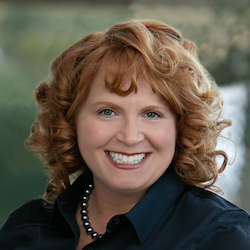
Carla Wallace is a director in franchise services at HORNE. She serves as the director of technology for franchise and is committed to serving our client by ensuring access to the most current digital tools in the industry. Prior to joining HORNE in 2012, she held roles in various accounting areas including payroll, executive management and even small business owner.
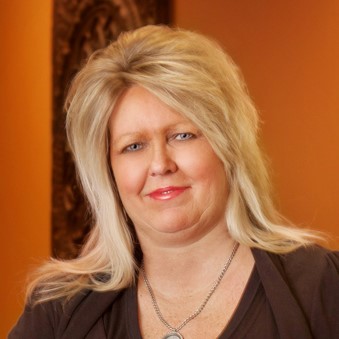
Karen serves as a director in franchise at HORNE where she specializes in providing client accounting and business advisory services to multi-unit restaurant franchisees. She focuses on financial statement analysis and operations consulting. Karen has a tax background as well, allowing her to integrate operational and tax consulting.

Janis Pearman is a payroll director at HORNE specializing in business advisory and accounting services for franchise clients.

Mary Overstreet is a tax director in the franchise practice at HORNE where she provides her clients with consulting and tax services. With a focus in managing tax engagements that center around estate and succession planning for franchisees, her expertise in tax services allows her clients to spend their time, finances, and energy on growing their businesses.
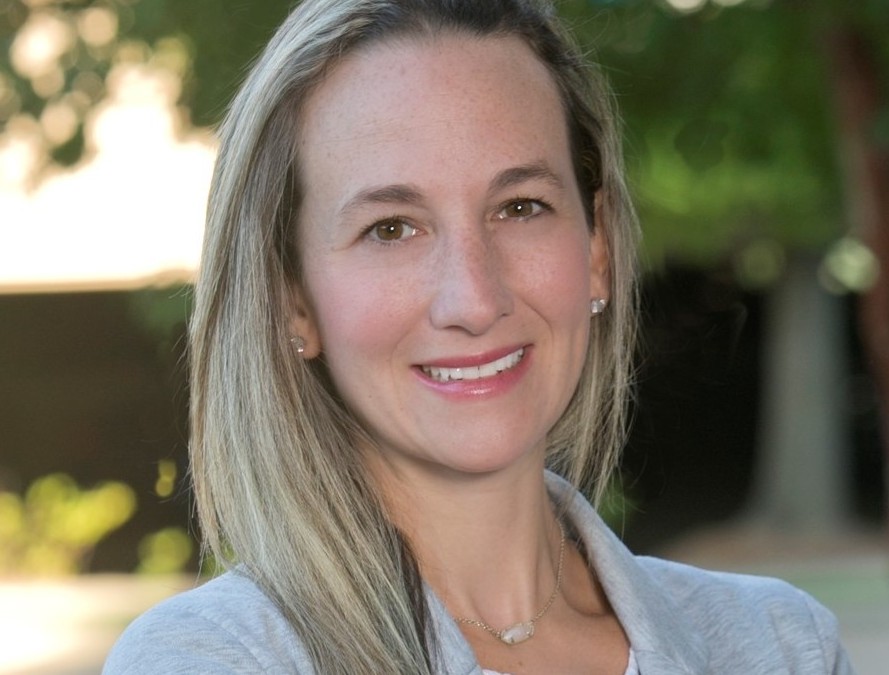
Lauren Hanat provides business advisory and accounting services to franchise clients. In this role, she focuses on providing insights and consultation on franchise operations while managing the spectrum of the outsourced bookkeeping experience. Lauren is passionate about helping franchisees achieve their goals and providing the support that allows them to focus on what matters.
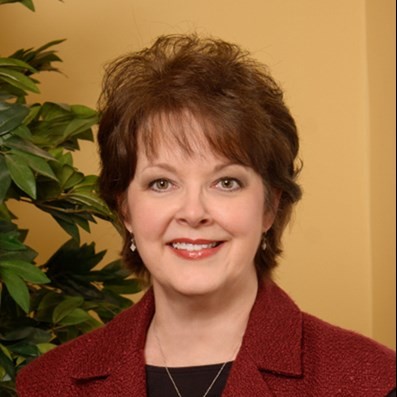
Cathy is passionate about serving clients and mentoring others. She serves as a knowledge resource across the practice to ensure team members have the tools to deliver.

Ann Goss serves as a tax director for HORNE where she specializes in serving franchise clients by providing tax planning and compliance services. Ann joined HORNE in 1991. She has both tax and assurance experience, but has focused on tax and advisory services for most of her career.

Chandler Croom is a partner in franchise services at HORNE where he specializes in reviewing financial statements and managing advisory services for various franchise clients across the country. He is passionate about collaborating with both new and growing franchisees through the unique challenges of owning a franchise business.

Thad Burke is a senior tax manager at HORNE where he provides tax and consulting services for franchise clients. Thad joined HORNE in 2019 and has 10 years of experience in public accounting managing a variety of tax engagements focusing on large multistate entities and high wealth individuals. He also has experience in private accounting.
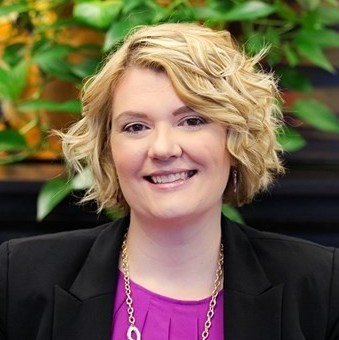
Leslie Sunderman serves as director of initial client experience for franchise services at HORNE. She focuses on strategic initiatives in our recurring service offerings, maximizing resources and streamlining processes.

Trust us to manage your day-to-day bill pay, bookkeeping, payroll and tax services while our team of industry experts guide you to make better decisions through tax and financial planning, operational consulting, benchmarking and more.
Tax rules get more complex every year. Every decision you make impacts your tax situation. HORNE knows the vital impact of proactive tax planning.
Risk management involves every facet of your organization, regardless of your industry. We help transform risk into opportunity to give you peace of mind.

Getting paid wages from the same day you work? It may sound like something from the future but it’s already here, and it’s a trend that isn’t going away.

At HORNE, we go further than a traditional client-CPA relationship — we help franchisees meet their long-term goals through a strategic partnership. Dustin Taylor values those relationships, and with a seat at their table, he is able to provide insights, collaboration and ongoing dialogue throughout the year to help clients mitigate taxes and plan for the future.

Jeffery N. Aucoin is passionate about helping clients manage their financial reporting, while mitigating risks. This allows them to focus on managing their operations while helping their customers. We also provide services to help clients pay vendors and team members, fulfill various regulatory obligations, and make strategic, anticipatory decisions.

We exist to support and implement our clients’ mission and goals—collaborating with them as a strategic partner focused on delivering an unrivaled client experience. Throughout her career, Emily Parrish Miller has served clients across a number of industries through accounting and assurance services and financial statement analysis.

We are privileged to serve our clients as a strategic partner, guiding them through challenging franchise industry environments and decisions on their way to achieving their full potential. HORNE’s service offerings are unique to franchise accounting. Jason Saulters combines the broad technical expertise of a CPA firm with innovative technology solutions, fresh industry insights, data benchmarking, and best practices advisory. And we do it with an unrivaled focus on client relationships.

Some of the biggest concerns and risks you face fall outside the realm of day-to-day business. Whether it’s protecting your business against embezzlement and fraud, documenting claims for insurance or litigation or safeguarding the integrity of your data, IT systems and operations, HORNE has effective solutions to address risks unique to businesses with high-transaction volumes, largely cash receipts and high employee turnover.








At HORNE, we offer a courtesy tax review of prior year filings to identify missed opportunities. We strive to thoroughly understand your situation in order to make the best recommendations on a go-forward basis.
The amount of time it takes to oversee routine accounting and financial operation functions is increasing. Let HORNE provide your managed accounting services.


Reduce exposure to cybersecurity threats. Stay ahead of the ever-changing regulatory requirements and strengthen your cybersecurity posture.


The best wealth building strategies are achieved when we collaborate with you, your wealth advisor and your attorney to create your plan


HORNE’s audit and compliance services provide a strategy to institute controls and manage risk and compliance to keep you prepared for opportunity.


Under the Coronavirus Aid, Relief and Economic Security (CARES) Act, changes were made to legislation surrounding bonus depreciation on Qualified Improvement Property (QIP), originally established by the 2017 Tax Cuts and Jobs Act (TCJA). This is great news all around but especially for the restaurant industry.


Part of the life cycle of a business is a change in ownership, when an owner or founder sells his or her business.


Many companies and individuals have applied for funds from the Small Business Administration (SBA) 7(a) Relief Loans Paycheck Protection Program (PPP). Our previous communication addresses the recent suspension of the PPP due to inadequate funding. For our clients that did not receive funds or approval prior to the suspension, we will continue to work on completing applications and submitting to lenders in anticipation of additional funds being made available under the PPP.


Businesses today have to make tough decisions and search for funds to keep doors open and employees paid. Many applied for the SBA’s PPP loan to offset losses during the COVID-19 shutdown. The loan offers short-term relief, but there may be another opportunity for businesses to find additional monies in the form of unclaimed Mississippi state tax incentives.


Just as many Paycheck Protection Program (PPP) lenders are beginning to accept forgiveness applications and submit them to the Small Business Administration (SBA) for consideration of partial or full forgiveness, the SBA has announced it will begin requiring a new Loan Necessity Questionnaire for large borrowers.


It has come to our attention that a new email phishing or “spoofing” scheme is being sent to businesses seeking financial assistance due to COVID-19. The emails are an attempt to scam business owners that have applied, or are considering applying, for Paycheck Protection Program loans backed by the U.S. Small Business Administration. These emails may look legitimate and appear to come from your bank.


The COVID-19 pandemic has companies facing a new reality. From keeping your employees and public spaces safe to handling employees who may be sick or been exposed to the virus, there are many questions around how a business should manage these situations. In addition to employee and public safety, HR professionals are navigating the implications of the Families First Coronavirus Response Act as well as considering the impacts of reduced business hours or even a company shutdown.